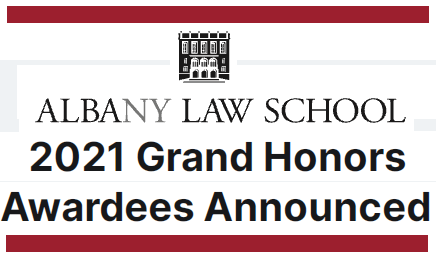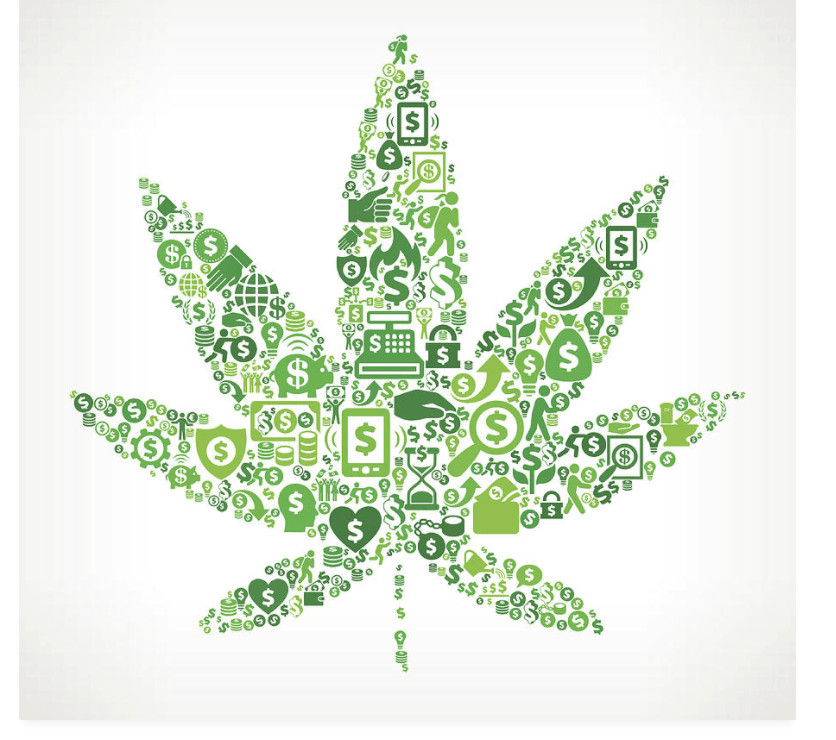By Gabriel J. Hage
•
June 3, 2021
On March 31, 2021 New York State became the fifteenth (15) U.S. state to legalize marijuana for recreational production, distribution and use, when Governor Andrew Cuomo signed into law the Marihuana Revenue and Taxation Act (“MRTA”). And yes, the MRTA uses an “h” instead of a “j” in the word “marijuana” for consistency with existing federal tax code language adopted in 1937. Go figure. The MRTA is sweeping, enabling legislation which establishes the New York State Office of Cannabis Management and a Cannabis Control Board –the bodies charged to establish and enforce NY’s licensing and regulatory standards and procedures. Hage & Hage LLC (“H&H”) has been engaged in the development of recreational cannabis law across the United States over the last decade. The enactment of MRTA is a momentous first step for NY, but that’s just it: a first step. MRTA, though enacted, is not a complete solution – there are still several details to be settled to enable NY’s legal cannabis landscape to develop and take form. Perhaps the most impactful absence in MRTA’s provisions is the absence of a complete licensing process. This is particularly frustrating to aspiring cannabis entrepreneurs. New York is positioned in the center of an already vibrant Northeast cannabis ecosystem – Massachusetts, Vermont and Maine all legalized marijuana at the recreational level prior to NY – so NY’s cannabis entrepreneurs can readily see what is possible in neighboring economies and want to get started. However, there are other challenges to growth of the cannabis industry in NY – there will be a cap of unknown ceiling on licenses distributed by the Office of Cannabis Management, and certain applicants will have priority over others. So, adult-use licenses will be in high demand. Therefore, all potential recreational cannabis business applicants should make every effort to be prepared for the application process and be ready to apply as soon as possible when the application process opens – whenever that may be. This article will explore the current state of MRTA’s licensing and license application standards and procedures. H&H is a staple law firm in the upstate NY community, with extensive business and regulatory compliance experience. If you or your business aspire to become a legitimate cannabis or marijuana related business, our firm can help you and your business make a complete and prompt license application. Now let’s discuss what we know so far about licensing for cannabis-related applications in NY. Information Required for Application While the application process has yet to be developed and completed, MRTA provides some pieces of information required for an application for a license to conduct a legitimate cannabis or marijuana related business. Such information includes: a) the applicant's identity, including racial and ethnic demographics; b) ownership and investment information, including the corporate structure; and c) evidence of good moral character, including the submission of fingerprints by the applicant to the division of criminal justice services. This is not the extent of the information required for an application. The Cannabis Control Board is empowered to set application standards and procedures – but further, or updated, standards and procedures, in addition to those currently established in MRTA, won’t arrive for some time. New York State government has expressed its intent to provide more information to the public no later than year-end 2021. NY is also providing its localities – cities, towns and villages – a 9-month window to decide whether to opt-out of retail and on-site consumption licensing within their respective jurisdictions. This 9-month window expires December 31, 2021. There is no indication as to how quickly NY’s licensing process standards and procedures will be developed to completion, but it seems likely that NY would wait to publish this information until all or most localities have determined whether to opt in or out. Fees One common argument for the legalization of recreational cannabis is the revenue which could be generated by the legal operation and taxation of the industry. Be not surprised, then, if the licensing fees are steep. Application and licensing fee amounts also have not been officially set, but MRTA indicates that there will be a non-refundable application fee which may change based on several factors such as the licensure sought by the applicant, production volume and/or “any other factors deemed reasonable and appropriate by the [Cannabis Control Board] to achieve the policy and purpose of [MRTA].” The language of MRTA also provides for the possibility of charging a biennial license fee to keep the license active. This biennial fee will be based on multiple factors including, but not limited to, “the amount of cannabis to be cultivated, processed, distributed and/or dispensed by the licensee or the gross annual receipts of the licensee for the previous license period….” Fees may be reduced or waived completely for applicants who qualify as “social and economic equity applicants”. Selection Criteria The selection criteria, while also not fully developed, are a robust and nuanced set of requirements by which the Office of Cannabis Management will assess each applicant. Under MRTA, applicants shall be selected “based on, but not limited to, the following criteria: (a) the applicant is a social and economic equity applicant; (b) the applicant will be able to maintain effective control against the illegal diversion or inversion of cannabis; (c) the applicant will be able to comply with all applicable state laws and regulations; (d) the applicant and its officers are ready, willing, and able to properly carry on the activities for which a license is sought including with assistance from the social and economic equity and incubator program, if applicable; (e) where appropriate and applicable, the applicant possesses or has the right to use sufficient land, buildings, and equipment to properly carry on the activity described in the application or has a plan to do so if qualifying as a social and economic equity applicant; (f) the applicant qualifies as a social and economic equity applicant or sets out a plan for benefiting communities and people disproportionally impacted by enforcement of cannabis laws….” Applicants must also be aware that not all applications will be considered equally—applicants who qualify as “social and economic equity applicants” will be given priority status by the Office of Cannabis Management; may have reduced, or completely waived, application fees; and, as you can see in the selection criteria above, will not be required to provide all the information required of an applicant who is not a social and economic equity applicant. The selection criteria regulations are plentiful and dense, as regulations tend to be, and there are varying requirements based on the license sought and the identity of the applicant. The learning curve of this application process will be challenging, and many changes will happen at a moment’s notice—therefore, applicants should be diligent in their preparation to apply. Priority New York State established in MRTA a clear goal to “promote diversity in commerce, ownership and employment, and opportunities for social and economic equity in the adult-use cannabis industry” and, to that end, MRTA’s text indicates that New York State plans to distribute 50% of its initial licenses, whatever the cap may be, to social and economic equity applicants. MRTA defines a social and economic equity applicant as “an individual or entity who is eligible for priority licensing” under the criteria discussed above. Specifically, under MRTA, social and economic equity applicants are: (a) individuals from communities disproportionately impacted by the enforcement of cannabis prohibition; (b) minority-owned businesses; (c) women-owned businesses; (e) distressed farmers; and (f) service-disabled veterans. Additionally, under MRTA, a business which is owned by a person who is a woman and a minority may identify itself as either a minority-owned business, a woman-owned business, or both. Conclusion While the standards and procedures in connection with licensing in NY are not completed under MRTA at this time, there is enough information in MRTA that potential applicants should be preparing their business plans, establishing and organizing the legal entity to apply for the license, and be ready to apply early and effectively. Applications will be abundant and rapid; half of the initial licensees will be distributed to qualified social and economic equity applicants who are afforded priority under MRTA, with an undetermined ceiling on the number of licenses distributed. Applicants will have many decisions to make and must be prepared for further requirements in addition to those discussed in this article. H&H offers new business strategy and formation guidance, as well as regulatory and state application support, to individual and corporate applicants. If you are unsure whether you qualify as a social and economic equity applicant, H&H may assist you. If you are unfamiliar with the regulations, struggling to develop a business plan, or need assistance getting started with your business, H&H has the tools, experience and expertise to assist you. Call us anytime at (315)-797-9850 or email gabriel@hagelaw.com when you are ready to get started.








